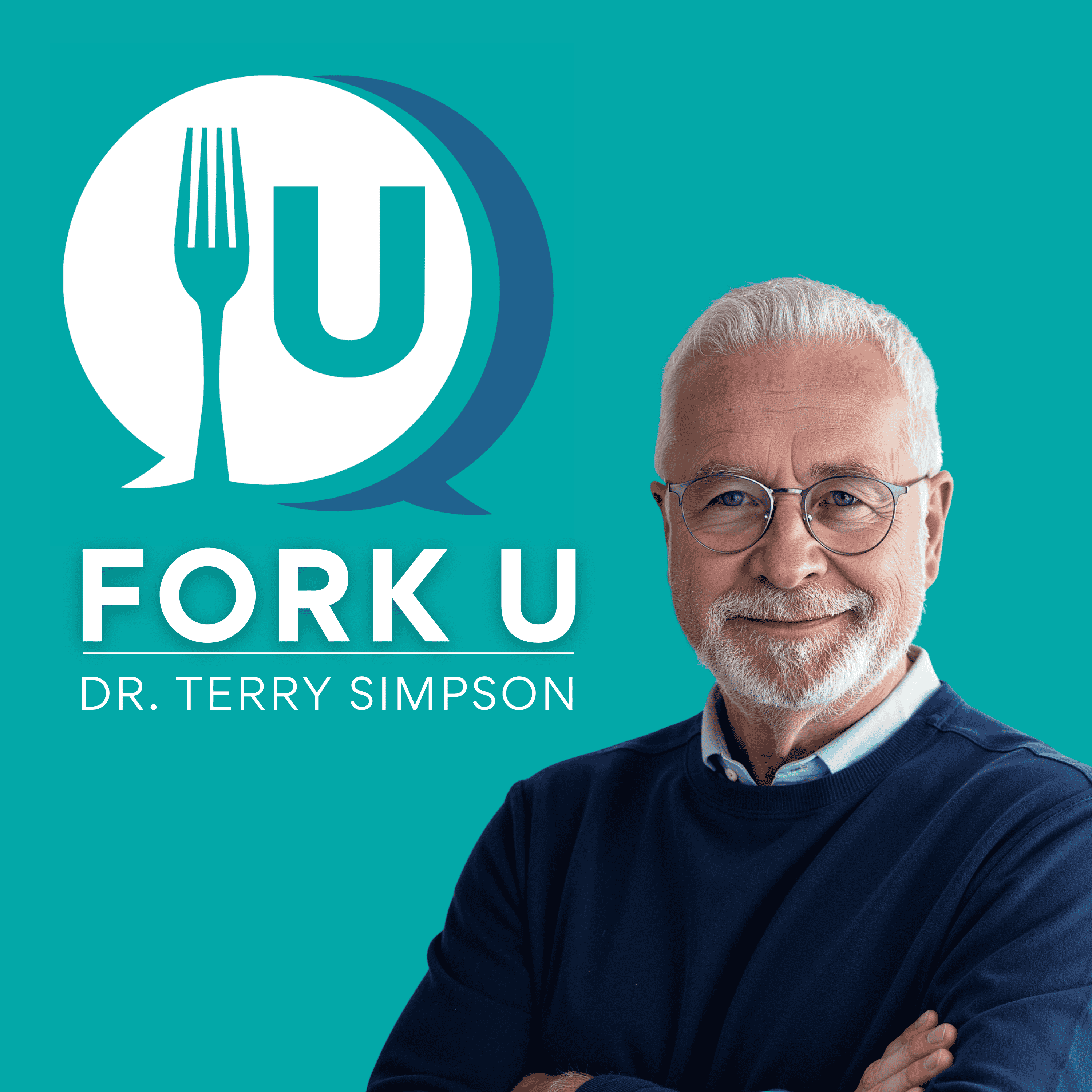Episode 98
When Vitamin D Isn't Sunshine in a Bottle
When Vitamin D Isn’t Sunshine in a Bottle
Vitamin D is sold as bottled sunshine. Social media says it boosts immunity, prevents cancer, and makes you live longer. But science says something very different — and megadoses pushed by influencers like Dr. Eric Berg can do more harm than good. Here’s what you need to know.
☀️ The Sunshine Vitamin — and the Myth That Follows
Vitamin D has been called the sunshine vitamin for over a century.
We discovered it when children in industrial cities developed rickets — bones so soft they bent like rubber.
The cure wasn’t pills. It was sunlight and milk fortified with Vitamin D.
Today, that history is lost under a pile of influencer ads.
Scroll through TikTok or YouTube, and you’ll see people claim Vitamin D cures everything — from fatigue to depression to cancer.
One of the loudest voices is Dr. Eric Berg, who calls himself a “doctor.”
Here’s the problem: he’s not a physician. He’s a chiropractor.
And in California, chiropractors aren’t allowed to call themselves physicians. For good reason.
Dr. Berg recommends doses of Vitamin D that are ten to twenty times higher than medical guidelines. That’s dangerous advice.
Let’s look at what real science — not social media — tells us.
🧬 What Vitamin D Actually Does
Vitamin D isn’t really a vitamin. It’s a hormone that helps your body absorb calcium, strengthen bones, and regulate parts of your immune system.
Most adults need 600 to 800 IU per day — not 10,000.
If your level is low, your doctor may recommend a short course of higher doses, but chronic mega-dosing can lead to toxicity.
So how much Vitamin D do you actually need?
That depends on your sun exposure, skin color, diet, and where you live. People who live in northern climates or rarely go outside might need a supplement — but the rest of us get plenty from sunlight and food.
📊 What the Research Shows
The VITAL Trial, published in The New England Journal of Medicine (2019), followed over 25,000 people taking Vitamin D or a placebo.
The result? No meaningful reduction in cancer, heart disease, or death.
Other major studies say the same thing.
If your Vitamin D levels are normal, taking more doesn’t improve health — it just makes your urine more expensive.
There are benefits for people who are deficient, but that’s not most of us.
A simple blood test can tell you if you truly need supplementation.
⚠️ Too Much of a Good Thing
Vitamin D toxicity is not rare.
Excess doses can cause calcium levels in your blood to spike, leading to nausea, confusion, kidney stones, and even heart rhythm problems.
There is no benefit to megadoses of vitamin D (link)
🍳 Real Food, Real Sunshine
Here’s the truth: you can get enough Vitamin D the way nature intended.
Good sources include:
- Salmon, sardines, and tuna
- Eggs and fortified milk
- Mushrooms
- And, of course, sunlight
Ten to fifteen minutes of midday sun on your arms and legs a few times a week is usually enough.
If you live in Alaska in January, sure — take a supplement.
But for most of us, a walk outside beats a handful of pills.
🧠 Why We Love Pills
It’s easy to see why Vitamin D is so popular.
It promises health without effort.
Pop a pill instead of taking a walk, eat poorly, but believe you’re fixing it — it’s the illusion of health without the habit of health.
But biology isn’t fooled.
Our bodies need balance, not shortcuts.
Supplements can help fill a true gap — not when they replace good food and lifestyle.
🩺 The Takeaway
Vitamin D is essential — just not magical.
If you’re deficient, fix it.
If you’re not, skip the megadoses and save your kidneys.
And please — don’t take medical advice from a chiropractor on YouTube.
The best way to get your Vitamin D?
Eat well. Move more. Go outside.
That’s the real sunshine therapy.
🧾 References
- Manson JE et al. Vitamin D Supplements and Prevention of Cancer and Cardiovascular Disease (VITAL Trial). NEJM 2019; 380:33–44.
- Bolland MJ et al. Effect of Vitamin D Supplementation on Mortality and Disease Outcomes. Lancet Diabetes Endocrinol. 2022; 10(2):120–130.
- Marcinowska-Suchowierska E et al. Toxic Effects of Vitamin D Overdose. Front Endocrinol. 2018; 9:550.
- Ataide FL, Carvalho Bastos LM, Vicente Matias MF, Skare TL, Freire de Carvalho J. Safety and effectiveness of vitamin D mega-dose: A systematic review. Clin Nutr ESPEN. 2021 Dec;46:115-120. doi: 10.1016/j.clnesp.2021.09.010. Epub 2021 Sep 25. PMID: 34857184.
- Institute of Medicine. Dietary Reference Intakes for Calcium and Vitamin D. National Academies Press, 2011.


